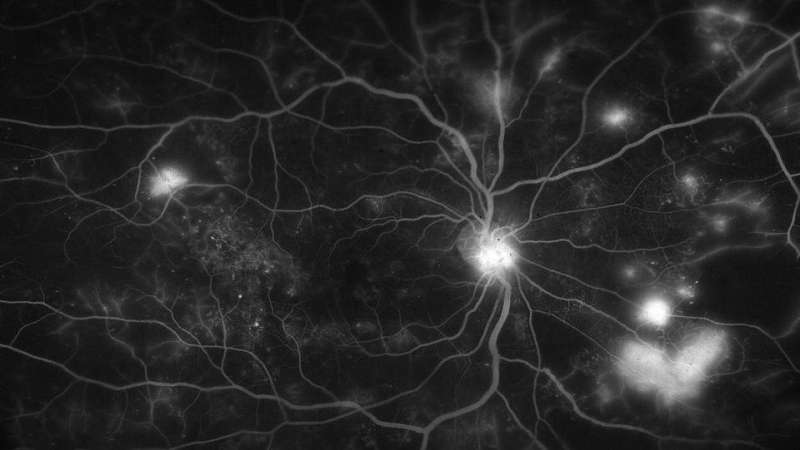
In a medical record review of 189 patients seen for vascular retinal eye diseases at the Johns Hopkins Medicine Wilmer Eye Institute, researchers found that patients who exhibited a marker for altruism were more likely to choose a less expensive, potentially less effective drug to treat their eye condition. The full reasons behind this choice are unknown, but the researchers say this small study could inform how physicians present treatment options to their patients.
The study was published Feb. 22, 2021, in the JAMA Network Open.
In this study, patients were asked to choose one of two therapies: bevacizumab (Avastin) or aflibercept (Eylea). The former is a chemotherapy used to treat cancer—but not approved by the U.S. Food and Drug Administration (FDA) to treat ocular vascular disease—that costs approximately $100 per dose. The latter is an FDA-approved drug for treatment of numerous eye diseases that costs about $2,000 per dose. Some studies have shown that aflibercept may be more effective than bevacizumab for treating eye disease.
Separate from this choice, patients were asked if they wanted to participate in a clinical trial to identify future treatments for their eye disease. The patients were not compensated for participation in the clinical study. Because participation required an invasive procedure that would benefit the research community but not the individual patient, the researchers used it as an indication that the volunteers were motivated by altruism. A total of 125 patients (approximately 66%) of the 189 who were studied volunteered for the trial.
Controlling for factors, such as age, race, economic status and health insurance, the researchers found that altruistic patients were 24% more likely to choose bevacizumab. These results suggest that for some patients, altruism may be a driving factor in the decision to select a potentially less clinically effective, but more cost-effective medicine for their own health care.
“It raises ethical questions for how or when to ask patients to make these decisions if a certain segment of the population is willing to make a potential sacrifice for the greater good,” says Akrit Sodhi, M.D., Ph.D., the Branna and Irving Sisenwein Professor in Ophthalmology at the Johns Hopkins University School of Medicine.
Source: Read Full Article






